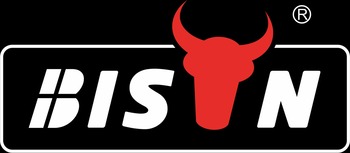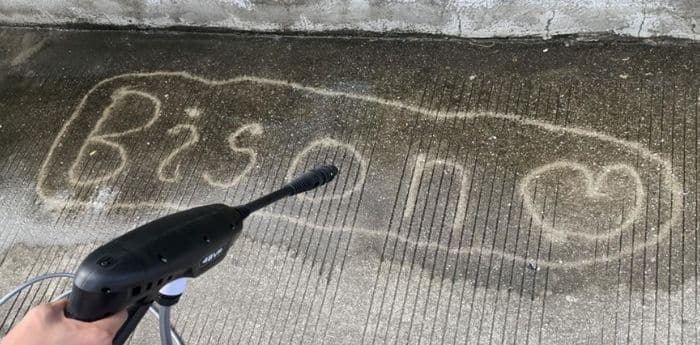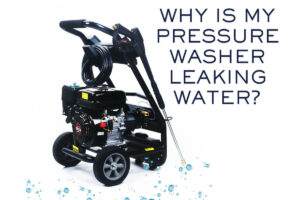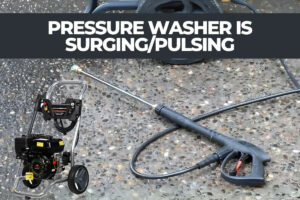Pressure washers are versatile cleaning tools that use a high-pressure water spray to remove dirt, grime, mold, loose paint, and other debris from surfaces. These powerful machines can be found in residential, commercial, and industrial settings, tackling a variety of cleaning tasks from washing cars and driveways to degreasing heavy machinery and cleaning construction sites. Their effectiveness and efficiency make them an indispensable tool for homeowners and professionals alike.
Choosing the right pressure washer can significantly impact the effectiveness and efficiency of your cleaning projects. There are two leading pressure washers: hot and cold water pressure washers. You might think the difference between the two is as simple as cold and hot water, but these machines vary widely in application, cleaning ability, and cost. The right pressure washer not only makes the job easier but also ensures that surfaces are cleaned safely and without damage.
The purpose of this article is to compare the differences between hot and cold water pressure washers and to highlight the pros and cons of each. BISON believes that understanding these differences can help you choose the right cleaning solution for your specific needs.
Hot water pressure washers
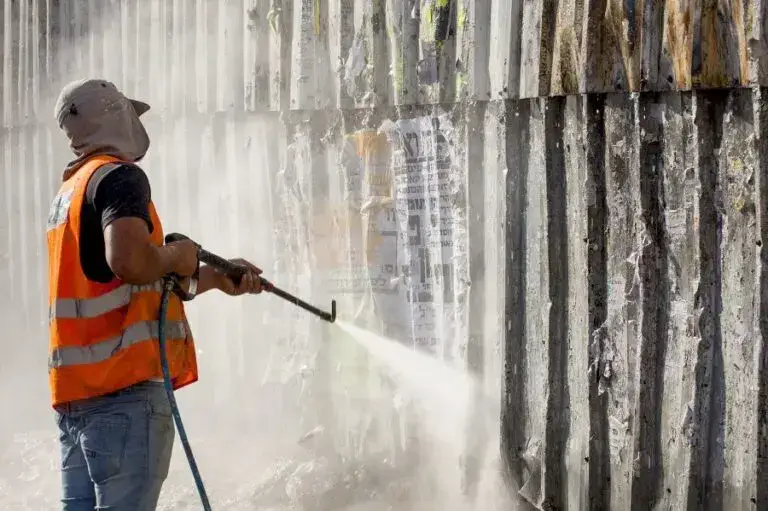
A hot-pressure washer is the only effective way to deal with oil and grease. A hot water pressure washer works well if the surface is not temperature-sensitive. Here’s a detailed look at how these machines work, including their key components and the heating mechanisms that enable them to produce hot water:
When you activate a hot water pressure washer, cold water enters the machine from a source like a garden hose. The water is then driven through the water pump, which pressurizes it. From there, the pressurized water flows into the heating coil or element where it encounters the burner. The burner, powered by the chosen fuel source, ignites to heat the water as it travels through the coil. Depending on the settings and the design of the pressure washer, the water can be heated to temperatures as high as 200°F (93°C) or more. When hot water and high pressure come into contact with oil, they tear it apart on a molecular level. The heat quickly wipes away any spills, making cleanup quick and easy.
Cold water pressure washer
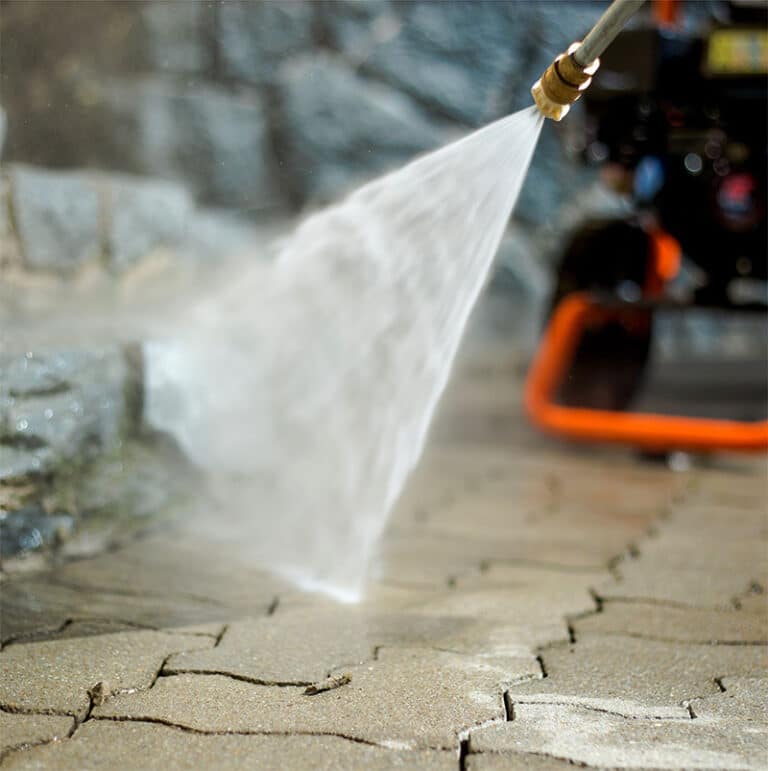
When you think of pressure washers, you most likely think of cold water pressure washers. They are efficient tools used for cleaning a variety of surfaces by blasting away dirt and grime using high-pressure water. Unlike hot water pressure washers, these machines do not heat the water, and they rely on the force of pressurized water to achieve cleaning results. Here’s an overview of how cold water pressure washers operate:
A cold water pressure washer works by drawing water from a source — such as a garden hose — and then using a pump to increase the water pressure. This increased pressure forces the water through a small nozzle, creating a powerful jet that can remove dirt, debris, and grime from pavements and fences. It can also be used to wash most surfaces around the average home. The high-pressure jet of water can be adjusted in terms of both pressure and spray pattern to suit different cleaning tasks.
Hot water VS Cold water pressure washers: Key considerations
Type of cleaning task
For pressure washers, cold water is best for smaller messes. If your business is housing-related, such as cleaning services, this is the equipment you want. Unfortunately, Cold water pressure washers are less effective on oil, grease, and stubborn dirt. These tasks might require more time and effort, potentially including manual scrubbing. And without detergents, cold water pressure washers cannot kill germs or bacteria, making them less ideal for hygiene-critical tasks.
Hot water pressure washers are superior for removing grease, oil, and stubborn dirt. Hot water accelerates the cleaning process by loosening grime more quickly and also dries surfaces faster, which can be crucial in some applications. At the same time, hot water alone can kill bacteria and germs, making it ideal for applications requiring high standards of sanitation.
If you will be using your pressure washer frequently, especially in a commercial or industrial setting, you may find that a hot water unit is more advantageous due to its superior cleaning capabilities, as grease is an ever-present problem in most heavy machinery industries.
Budgetary constraints
Cold water pressure washers generally have a lower initial purchase price and maintenance costs, making them more budget-friendly for residential or light commercial use, and if you have a small amount of cleaning, they might be the right choice.
Hot water pressure washers come with a higher purchase price and increased maintenance costs due to their more complex systems, which include heating elements and potentially fuel burners. Not only that, but a hot water pressure washer can handle any spill that a cold water unit can handle. That way, you get two models of pressure washers for the price of one. This machine’s hot, pressurized water can clean everything from dirt and grime to oil and grease. Because the water flows through the machine at such a robust rate, less detergent is needed, saving you subsequent money.
While the bottom line is crucial in any business decision, you generally get what you pay for when choosing a pressure washer.
Environmental impact
Cold water pressure washers are easier to operate, resulting in fewer breakdowns and using less energy overall. This is beneficial in terms of both running costs and environmental impact as they use less fuel or electricity.
Hot water pressure washers require more fuel or electricity to heat the water, resulting in more energy consumed and a potentially greater environmental footprint.
Ideal applications
Hot water pressure washers are perfect for sites with heavy machinery and severe grime. They are also suitable for grease, oil, and toxic substances, and can cope with the danger of chemical leaks that may cause people to fall or release toxic fumes. Places with extremely high requirements for cleanliness and hygiene, such as food processing plants, are also the comfort zone of hot water pressure washers.
Cold water pressure washers are suitable for general light to medium cleaning tasks and are ideal for tasks such as washing the car, cleaning the patio, and general household maintenance. They are particularly suitable for sensitive areas that cannot cope with high energy consumption or surfaces that will be affected by heat.
Conclusion
Hope this guide helped clear the air, we’ve delved into the differences between hot and cold water pressure washers, including their respective pros and cons and the key factors to consider when choosing the right one for your needs.
Selecting the appropriate type of pressure washer is vital for ensuring effective and efficient cleaning. Different tasks require different approaches, hot water is especially recommended when cleaning grease and oil. And if you need a pressure washer to remove caked-on mud and grime, cold water will do just fine.
We encourage you to carefully evaluate your cleaning requirements and choose the pressure washer that best fits your needs. If you are uncertain or need further assistance, feel free to contact BISON. Our professional staff are available to provide customized solutions and personalized products to meet your specific needs, all with a guarantee of high quality. BISON has been recognized as the best of the best when it comes to industrial pressure washers, we also sell the highest quality Cleaning machine accessories so you can purchase all your commercial cleaning supplies and equipment in one place.
Is a cold water pressure washer better for a novice?
Yes! Cold water pressure washers are generally easier to use, with fewer parts and less complexity. This leads to fewer potential problems and easier maintenance.
Hot water pressure washers, due to their additional components, can be more difficult to use and can develop more mechanical problems over time.
Chilled water units are generally lighter and more portable, so they can be moved and stored more easily. Hot water units tend to be bulkier and may require more thoughtful storage solutions, especially if they are used on an intermittent basis.
What do I need to be aware of when using a pressure washer?
Hot water pressure washers present additional safety hazards due to the high temperatures. Proper protective equipment and safety protocols are essential to the prevention of burns and other injuries.
But don’t worry! Both types of pressure washers have safety features like automatic shutoffs, but hot water pressure washers usually come with extra measures due to the heating element and the potential dangers of pressurized steam.
Can I use hot water in a cold water pressure washer?
It is safe to run hot water up to 150°F – 65°F through a cold water pressure washer. Especially at extremely high temperatures, you can’t run hot water through a cold unit. There is a risk of melting of the seals in the pump and overheating of the unit. To sum up: Your cold water pressure washer may not be able to meet your needs for very long.
